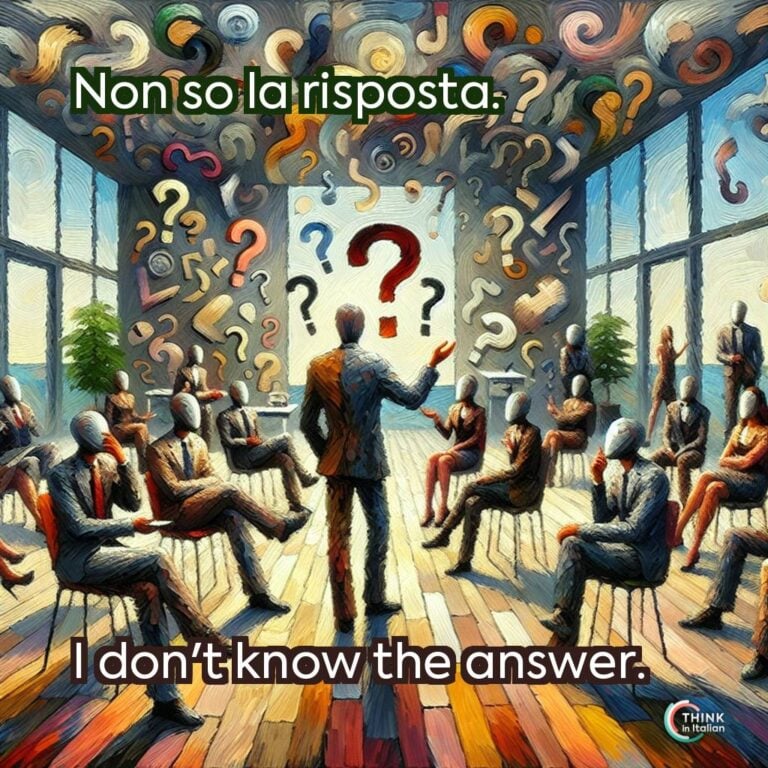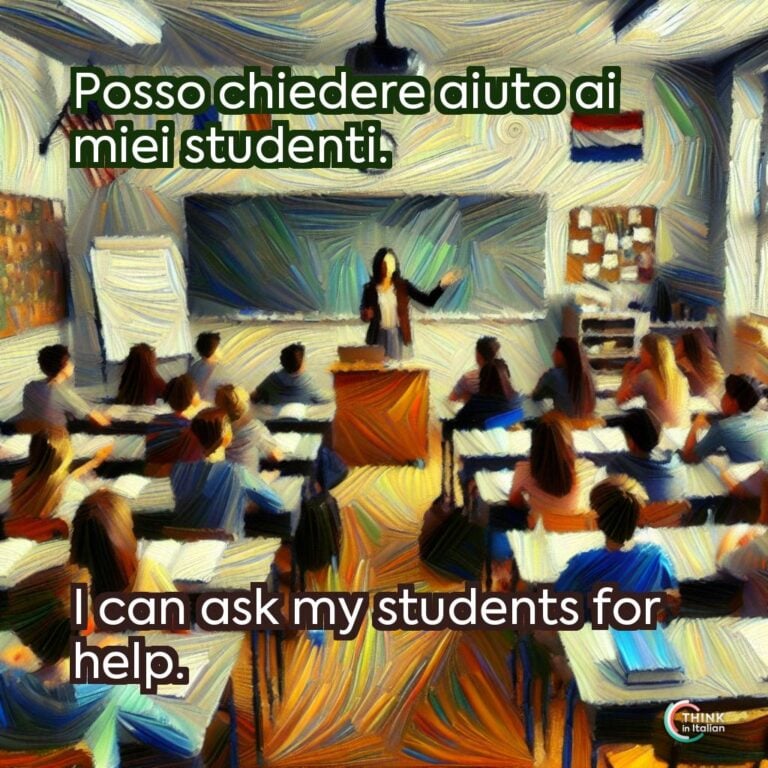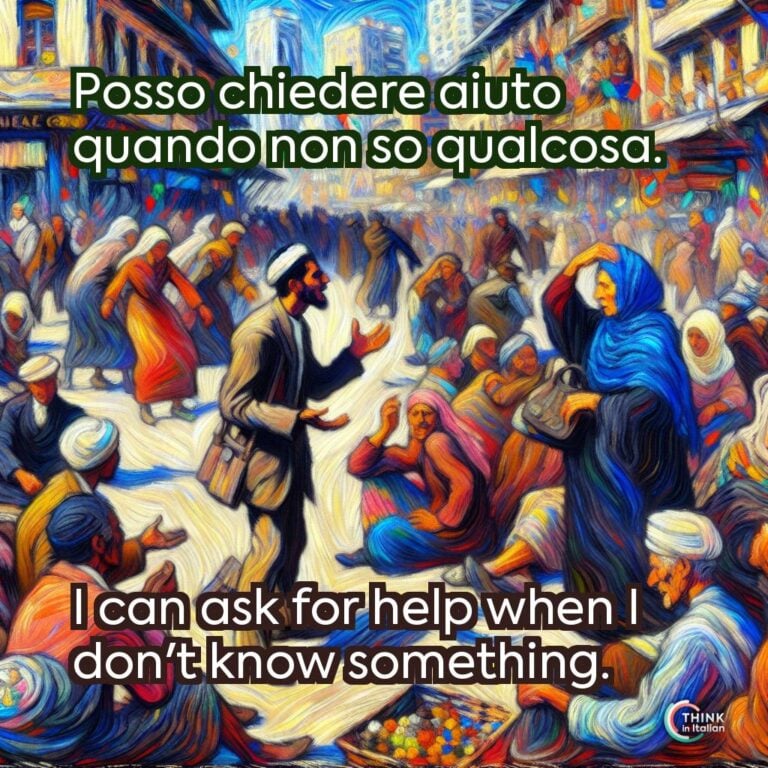The Power of “I Don’t Know” in Language Teaching
As a language teacher, one of the toughest things is letting your learners know when you don’t have an answer. However, it has been enormously helpful in my teaching and for my students.
The concept of “I don’t knowism” – being candid about not knowing things – is one of the most difficult challenges for language teachers.
Often, teachers are pressured to be up on all the answers. But in reality, if put into practice, “I don’t knowism” can be productive both for the teacher and his or her students.
Why Saying “I Don’t Know” is Important
Enhances the Credibility of One’s Information
In my own perspective, not knowing something does not lower the teacher’s dignity; rather, it strengthens it. Students respect honest teachers and appreciate open-minded professionals who are eager to learn.
If a professional says that he or she doesn’t know something, it stimulates more research and questioning from the students.
In one survey conducted by the American Federation of Teachers:
- 85% of students reported that they trust teachers more when they admit they don’t know something
- 78% are motivated to learn when teachers demonstrate interest in learning new things
Creates Opportunities for Collaborative Learning
When I admit my lack of knowledge, I am creating opportunities for collaborative learning. For example, if I have an issue with any technology, I can ask a student or a colleague for help, or maybe consider taking up a course.
Not only will this help improve that particular aspect of my own knowledge, but it also creates a network of shared expertise among people.
What has held this back in my experience is a negative tradition among many language educators: the best practitioners never seek help, somehow this is seen as a mark of weakness. That has to change if collaborative learning is going to flourish.
Avoids Misinformation
Pretending to know can perpetuate misinformation. Students can compound on such misconceptions if teachers give the wrong or incomplete answers. Admitting one is not knowledgeable promotes a culture of being right and learning continually.
It prevents stagnation and supports updated evidence-based methodologies in teaching and, even better, it keeps students from thinking that the teacher may be embarrassed by their questions.
“I Don’t Knowism” to Improve Credibility and Trust in Educators
Nurturing Collaborative Learning
The act of admitting that one doesn’t know brings out the human side of teachers like me. A student is bound to be inspired by and inclined toward teachers whom he or she perceives to be truthful and straight-about. This leads to a motivational scenario and boosts students.
Admitting ignorance helps nurture a collaborative learning environment. I am able to change information gaps into learning opportunities by working together with colleagues and students.
I keep updating my knowledge, therefore, not only improving on my skill but also giving to general learning experience.
No Misinformation or Stagnation
By realizing that we do not know the answer to something, we avoid spreading misinformation. We never remain stagnant on information and new methods of teaching are always encouraged.
It also guarantees that a dynamic and right learning climate is at offer for the students.
Admit That you Don’t Know
“I don’t knowism” does not point to any weakness but is said to be the symbol of power and professional behavior. Those teachers going with this attitude gain more precious credence, enter into collaborative learning, and save the spreading of misinformation.
By confessing our ignorance and through questioning sincerely, we can better our methods and serve our students by supplying good education. Embrace “I don’t knowism” for better teaching and fostering a culture of being a lifelong learner.








